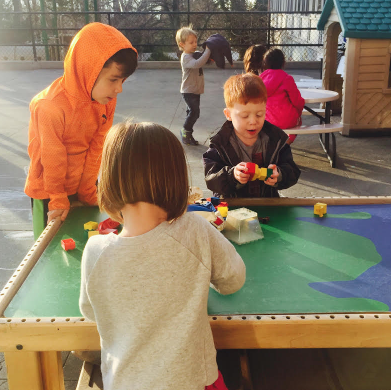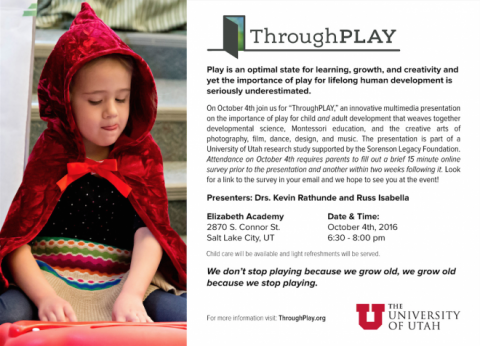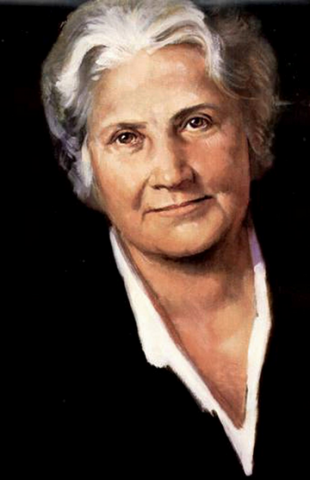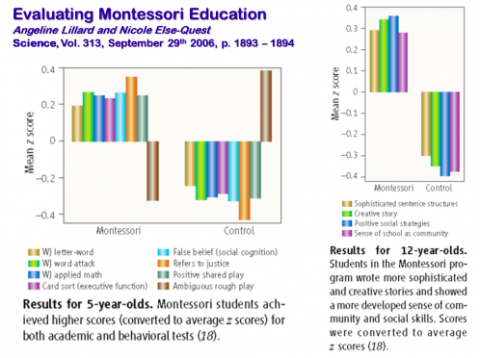Is Foothill Montessori of Salt Lake the right fit for my child and family?
Foothill Montessori of Salt Lake offers an authentic Montessori education while supporting a charming and safe community for our students and their families. Choosing the right school can be a difficult task as increasing numbers in research show the impact of early education on the growing brain. So, beyond why a parent might choose a Montessori education for their child, I would like to answer some common questions about what sets Foothill Montessori os Salt Lake apart and how you will know if it is the right fit for your family.
- Tour, Admissions Meetings and Observation: Inquiring parents are required to visit our facility prior to acceptance of their child. This allows parents to “get a feel” for our campus and to learn specifics about each program from a knowledgeable member of our staff. Following attendance at a tour or an admissions meeting, parents are invited to observe in one of our classrooms. While an observation is not required, our goal is to help parents have a clear understanding of and comfort in the design of our programs before their child attends classes.
- Focus on the whole child and their developmental needs: Foothill Montessori of Salt Lake offers an authentic Montessori education where equal attention is given to a child’s academic, social, and emotional needs. Along with learning at their own academic pace, children are given opportunities to learn self regulation and time management, develop and exercise independence and are given many opportunities to practice and refine social graces. Be it math or conflict resolution, lessons are given as needed, allowing children to progress at their own rate and ensuring success of one skill before moving on to the next.
- Mistakes are the best way to learn: We live in a time where safety concerns have made it difficult to give our children space to make mistakes. Foothill Montessori of Salt Lake is a safe place for children to explore, practice, and learn from their mistakes. Our staff is committed to helping students work through challenges in a safe and controlled environment, preparing them for the world outside of school. Self correcting materials allow children to identify mistakes within their academics and encourage children to try something until they feel confident enough to move on.
- Multi age classrooms: Angeline Stoll Lillard, in her authoritative research review Montessori: The Science Behind the Genius, describes the Montessori multi-age setting this way: “Montessori encourages learning from peers in part by using three-year age groupings. This ensures that as children move through the classroom they will be exposed to older and younger peers, facilitating both imitative learning and peer tutoring… Dr. Montessori was quite clear about the need for this mix of ages.” These multi age groupings also allow teachers, students and parents to develop close relationships, making a team approach to education manageable and effective.
- Children get to choose and children get to move: Children like to make choices; they like to be the masters of themselves. In a safe and carefully prepared environment, FMSL students are given the option to choose which area of the classroom to work in at any given time. The carefully prepared environment ensures that there are materials and activities to meet a variety of interest and skill level. They decide how much time or energy should be put into a particular task and children are encouraged to revisit materials or lessons as needed, are invited to move forward when they feel they are ready, and have the opportunity to actively research topics that interest them while giving adequate time and attention to the foundational skills needed in each academic area of the curriculum. Children in every program at FMSL are able to move throughout the classroom, and sometimes beyond, to meet the very important need for movement in their growing bodies. Movement from work to lesson to snack and so forth ensures that children can stay engaged in their work process throughout the entire uninterrupted work cycles. Growing and changing bodies have many options for work spaces and styles.
- Community: FMSL prides itself on having a close knit and caring community. You will find community in individual classrooms as students stay in one class for an entire cycle and because of the longevity of our teaching staff. FMSL staff have been with us anywhere from 2 to 25 years. FMSL parents are committed to supporting our students, our staff and our programs and a variety of organizations exist to allow parent involvement and support. A number of events encourage the community to come together on a regular basis.
- Variety in schedules: As part of our commitment to community and family, FMSL offers a variety of scheduling options. Parents can be assured that their children are well cared for, well loved, and respected for their individuality and uniqueness without having to transfer to a different program part way through the parents work day.
Interested parents are invited to learn more about FMSL at an upcoming Admissions Information Meeting on January 17, 2019 from 6:00-7:30pm. Adults only, sorry no child care provided for this event.













